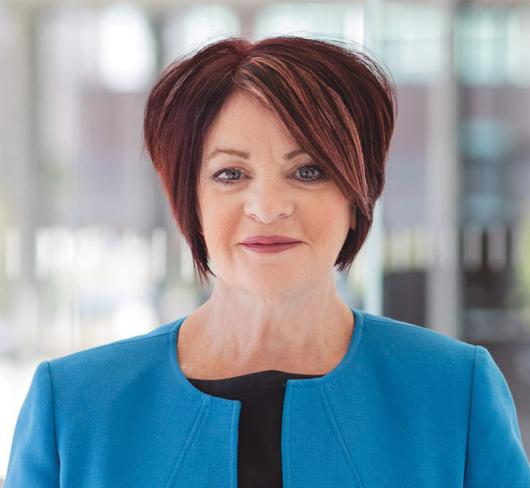What Motivates Teachers to do Social Justice Work (Equity and Women's Services)
Why are some teachers driven to question the way things are in their schools? Why do some refuse to tolerate injustice when they notice it? Why do they advocate for marginalized colleagues or students: those whose first language is not English, racialized populations, recent immigrants, children with special education needs, or other teachers experiencing difficulties?
Some teachers who advocate for social justice have a cultural background or historical experience where teaching was understood as important social transformational work. For example, in some Caribbean countries, teachers are expected, and themselves expect, to work toward the social, economic, moral, and physical advancement of their communities. Teaching is not just a paid job; it’s a social vocation.
Some teachers have had personal experiences with marginalization themselves – in their school experiences as children, when immigrating to a new country and learning a new language, or later in life when confronted by limitations created by other people’s perceptions of them. For example, some women teachers make the difficult discovery that traditional gender role expectations can limit their access to positions of leadership. This type of personal experience with marginalization can be very painful, whether it occurs first in childhood or in adulthood. However, personal experiences can sensitize some people to other instances of discrimination or injustice.
Sometimes, a life-long interest in travel or different cultural experiences enables some teachers to feel comfort with and curiosity about social differences that may make others cling to the safety of the familiar. Such teachers may find themselves stepping in to smooth the way when they observe cross-cultural “collisions” that may be harmful to students or peers.
There are some teachers who may find themselves working with stigmatized student populations (for example, in schools in low socio- economic communities) and soon discover that much extra work and advocacy is required to ensure that their students’ needs are met. These needs may go unnoticed by people whose familiarity with the context has desensitized them to the day-to-day obstacles that have to be overcome.
Teachers sometimes look for a new challenge or a change in mid-career. Working in a new assignment, at a new school, or in a new teaching role can open their eyes to differences in students’ and colleagues’ experiences that previously went unnoticed. Often such a change occurs because someone acquires new knowledge about a particular social justice topic. A chance conversation with another teacher may lead to the discovery that perceptions once thought unique are, in reality, more common. As we find ways to put our concerns into words and realize that our ideas are shared by others, we can inspire one another to take action in new ways.
The challenges of social justice work
What challenges do teachers face when they engage in social justice work?
Teachers may feel isolated and different from their peers. Some may feel “marked” as the lone teacher expected to take action when situations are unfair or when others are reluctant to step forward.
Some teachers may feel as if they are expected to do more than their colleagues, and they may expect more of themselves. Teachers who do social justice work often feel they need to keep learning new things as they continue to become aware of the complexity of social issues. Social justice work is so demanding that it’s difficult to feel like the work is ever done. It is difficult to set limits on this kind of work, and it is easy to burn out.
Teachers who work collectively for the advancement of social justice often provide each other with strength and inspiration. They make time to share their experiences and learning because they recognize that supportive relationships greatly enhance their individual efforts.
Questions to ask yourself
What’s your story? Are there teachers who work for social justice in your school or community? What might you do to support that work? Are you one of these teachers yourself? If so, what might you do to make the work of confronting injustice better understood? As we learn to situate and critique our experiences with difference, we can become more mindful of the choices we make in advancing a social justice agenda.
For further reading on this topic:
Bascia, N. & Young, B. (2001). “Careers beyond the classroom: Understanding women educators’ work.” Curriculum Inquiry31(3), pp. 271-302.
Henry, A. (1998). “Contextualizing Black women’s lives and activism.” In Taking Back Control: African Canadian Women Teachers’ Lives and Practice. Albany, NY: SUNY Press, pp. 69-88.
Thiessen, D., Bascia, N., & Goodson, I. (Eds.) (1996). Making a Difference About Difference: Life Stories of Racial Minority Immigrant Teachers. Toronto: Garamond Press.

